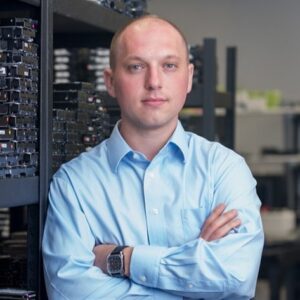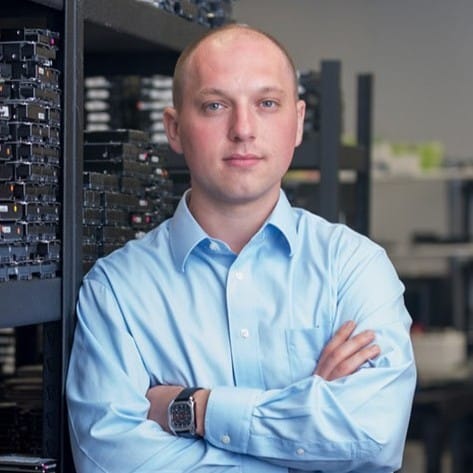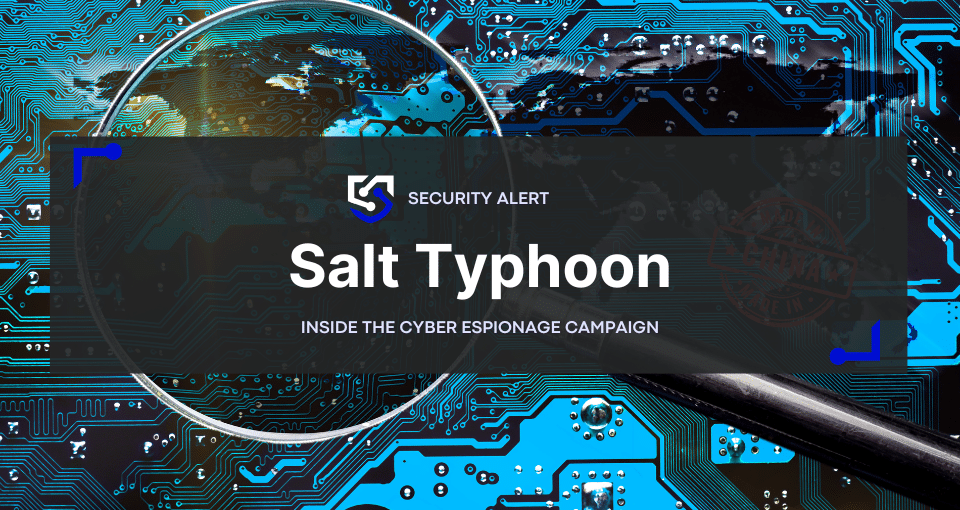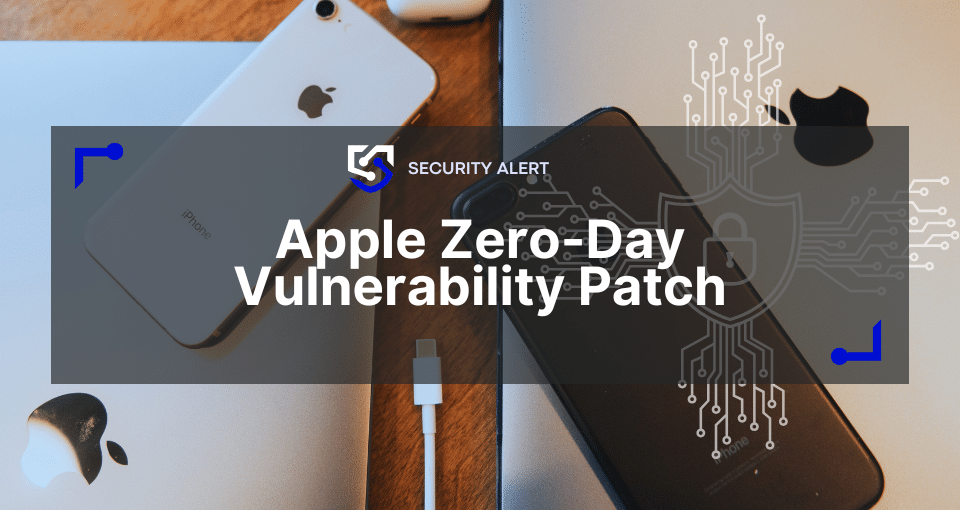I’d like to start off by thanking everyone who participated in the technology scholarship contest late last year. The goal of the scholarship is to inspire those that are committed to the growth and movement of technology, and to take on the journey that will continue to be an integrated part of humanity’s social structure and assist in the protection and security of a global community. Here we are announcing the scholarship winner.
Scholarship winner is announced!
After going through countless applications, the time has come to pick the winner. The decision to pick a winner was extremely difficult to make considering how many incredible submissions we had. After dissecting an alarmingly impressive number of essay applications, we have finally reached a verdict. I’m proud to introduce and congratulate Anesu Mafuvadze on winning the technology essay contest!
After chatting with Anesu last week, I can describe him as a passionate individual who is motivated by what he does. He is an inspiration to others who come from developing countries.
It is with great pleasure that I present his bio followed by his winning essay:
Anesu Mafuvadze
Anesu Mafuvadze is a student studying computer science and computer engineering at Duke University. At Duke University, he helped found The Toucan Lab, a startup that provides virtual reality services to architects and companies that work with 3D models. In addition to The Toucan Lab, Anesu is also the Head of Android development, for GenieUs, a startup that works on a social app for college students called Walla.
Anesu enjoys programming, and over the years has developed mobile apps, PC games, virtual reality applications, and enterprise software. Anesu, or “The Javater” as he commonly referred to as by his friends due to his love for the Java programming language, also enjoys participating in hackathons where he can let his creativity shine through the keys of the keyboard.
Congratulations to the scholarship winner, anesu Mafuvadze!
Technology scholarship winner essay
Growing up in Zimbabwe, I developed a keen fascination with computers; a remarkable development given my lack of exposure to digital devices.
Although, I seldom had access to technology, the rare moments when computers were at my disposal were the highlight of my early years. While most of my childhood memories have been consigned to oblivion by time, the memories I have of my interactions with computers have yet to fade from memory. I vividly recall the bursts of euphoria I experienced whenever my father would bring home a laptop from work and permit me to play on the computer. It was during these brief interactions that l found myself completely entranced by the seemly magical properties that the computer possessed. Alas, my lack of continual exposure to computers prevented me from expanding my understanding of the intricate workings of computers. Fate, it seemed, intervened when my parents, in an effort to further their education in the diaspora, relocated the family to America. Following the emigration, l finally had reliable access to computers, thus allowing to explore the object of my childhood fascination. The migration also led me to the realization that we live in the midst of a digital revolution and, more importantly, I wanted to be at the forefront of the digital age.
My first few years in America were plagued by plight and economic hardships that prevented my family from enjoying luxuries afforded to most people at the time, sadly, this included a computer. Fortunately, I found alternative methods, such as the public library, to entertain my fascination. However, as I made the journey into adolescence, I became increasingly dissatisfied with being a mere spectator in the digital revolution. It finally dawned on me that computers were an artistic platform, and with that realization, I knew I belonged with the architects of the digital age: the programmers. And thus a new passion emerged from the ashes of a childhood fascination.
Since then, I have spent much time exploring the enriching subject of computer programming and getting accustomed to its procedural epistemology.
As a young autodidact, I struggled to climb the steep learning curve of programming; however, the raw power that would surge within me as I typed the seemingly cryptic commands into the keyboard cultivated a strong sense of perseverance and determination that motivated me during the steepest parts of the journey. The more I programmed the more captivated I became; I loved how easily I could convert my wildest ideas into fully functioning programs; I loved the thrill of working in an environment that demands minute precision; above all, I loved creating programs that other people found useful.
From watching YouTube tutorials and reading online documentation, I was able to teach myself some of today’s most prevalent technologies and programming languages; within three years, my repertoire had grown to include Python, Java, C#, and Android. As my repertoire grew, so did my confidence. Before long I was participating in various programming related contests, both at the state and national level. Through these competitions, I became exposed to the practices and customs that govern computer science, which in turn, strengthened my programming skills while also providing me with a medium to showcase my knowledge.
Although I have developed numerous applications, some of which have won state and national awards, my favorites were those that united communities.
One such project was TutorConnect, a social media android application where students could post help requests and nearby tutors would be able to respond to the requests. Taking inspiration from the struggles I faced in school during the first years of living in America, I created TutorConnect as a way to allow students who needed assistance to connect with tutors and forgo the costs of private tutors. Projects like these make me proud to be programmer, and within the next few years, I hope to expand my knowledge so I can make even bigger contributions to the digital revolution.
Thanks again to everyone who participated and congrats to the scholarship winner Anesu! Stay tuned for future technology scholarships offered by Proven Data.
All The Best,
Victor







